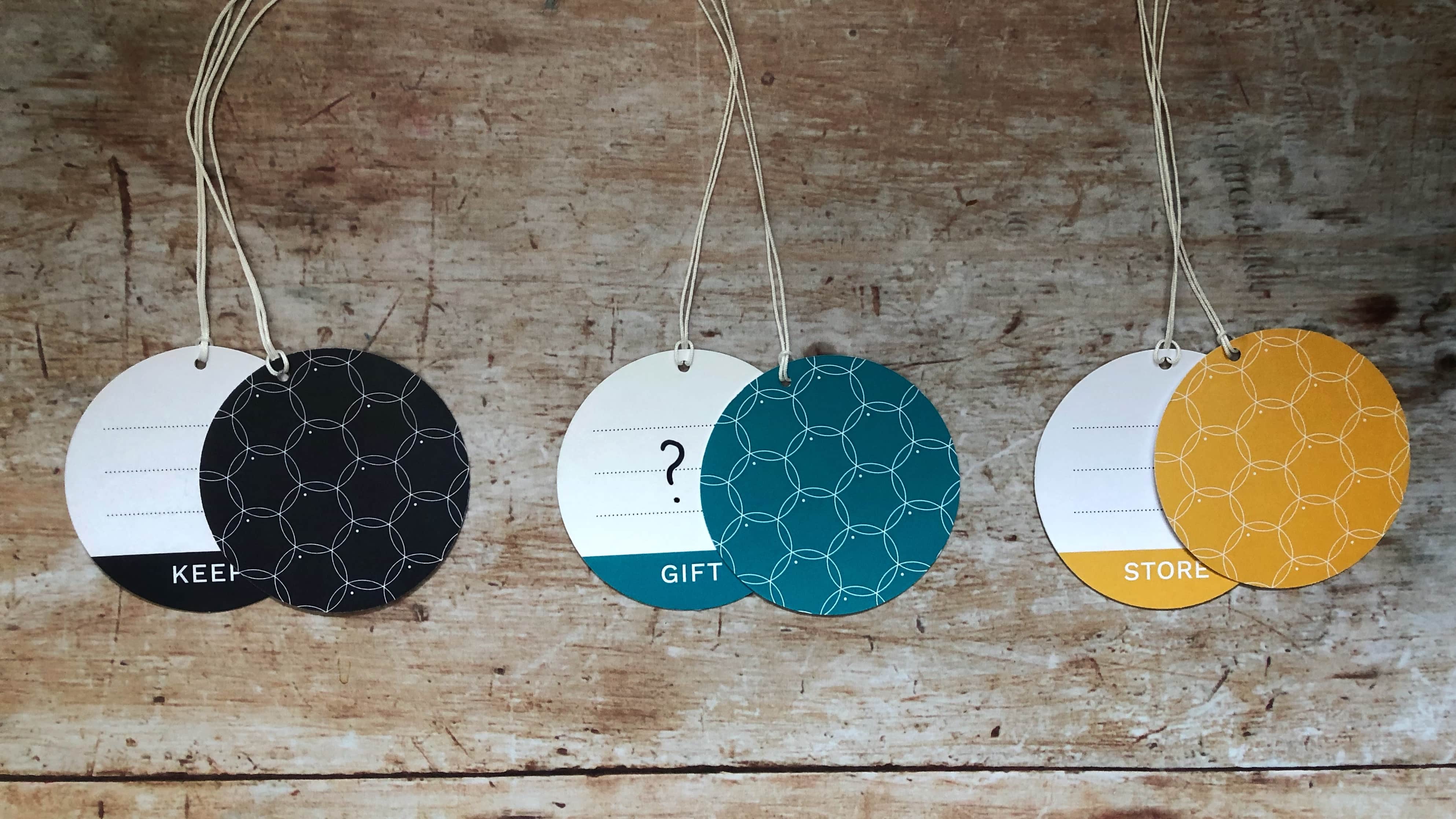
We all make hundreds of decisions every day, from the simplest we skip through in a second to complex ones we agonise over. Helping you make decisions is at the heart of every Good Sort. Here is our Guide to making good ones – whether you’re sorting through a Lifetime of Possessions, havering over a career change or having serious doubts over a pair of socks!
Feeling good gives you a head start
- Make important decisions when you’re well-rested. It can’t always be after eight blissful hours in the Land of Nod, but avoid big decisions when you’re exhausted.
- Get some oxygen going around – a brisk walk or a few deep breaths work wonders to clear the head.
- Eat. There are 86 billion neuro-transmitters working away in a human brain making it our most calorie-guzzling organ. If you’re asking your brain to work hard, give it a steady flow of balanced food. Save the 5:2 diet and sugar highs for other days.
Ask yourself Why and What
- Why you’re making the decision and What you want the result to be.
- Always frame the result in positive terms.
- Why and What are like arrows pointing you in the right direction to start with – or telling you you’re heading towards a dead end.
Recognise your emotions
- The limbic system is the area of the brain where we process emotions. It’s very active when we’re making decisions – but beware if it’s in overdrive.
- Anger, over-confidence, delirious happiness are not a decision maker’s friends.
- If you can’t keep calm, don’t carry on. Stop.

Find a process that works for you
‘We’re all different’ is never truer than the way we approach decisions but some things are always important:
- Reduce the number of decisions you have to make. Cut down the options and make small decisions in batches.
- Break big decisions down into their component parts and make them in stages.
- List the relevant facts and rank them in order of importance. Unless you’re making decisions about war and peace, discard all but the top five.
- List the probable and possible consequences – good and bad. Rank them in order of importance too and discard all but the top five.
- Timing is like Goldilocks’ porridge. It can be too soon, too late or just right. Work out when ‘just right’ is and stick to it.
- Build in time to sleep on a big decision.
- If you want help with a decision, ask someone you can trust to be honest and who may say tough things you don’t want to hear.
- Go through the process at a speed that suits you and the context – you might spend longer deciding over a radical career change than over a pair of socks.
- And finally, don’t gnaw the bone. Be confident that your process will lead you to the right decision.
Practise
- Decision making is a skill like any other – part life skill we learn naturally as we grow up, part needing practice and experience just like playing tennis.
- Don’t overface yourself. You’ll know if you should be hitting against the garage wall at home or a walking out onto the Centre Court.
- Like a physical activity, if you’re putting your brain through intensive exercise you’ll need to warm up and warm down. Start and finish with easy decisions.
Recognise Pressure
- Recognise pressure wherever it comes from – social, peer, professional, family.
- Beware of groupthink. Be your own contrarian if there’s no-one else.
Be crunchy, not woolly
- Forget words like possibly, probably or might. Try to quantify uncertainties.
- Instead of I’ll probably wear / use / read this over the next year, put a number on the probability – 5%, 10%, 90%?
- What’s the probability that buying this house will strain my finances – 10%, 20% 95%?
- What’s the probability my boss will fire me for wearing this pair of socks – 100%?
- What’s the probability I can reverse this decision if I get it wrong? Put a number on it.
Learn to live with your decisions
- You can be meticulous every step of the way and still make the wrong decision.
- Ask yourself why and give yourself honest answers.
- Give yourself a telling off if you need to, then let go and move on.
- Moving on is easier said than done, but telling yourself a bad decision is irreversible or life-changing is a self-fulfilling prophecy.
- There’s no better confidence builder than turning a bad decision into a challenge, a new opportunity and ultimately a success.
And finally don’t get bogged down in ‘rational’ decision-making. Sometimes you just have to go with your heart and make it work!




